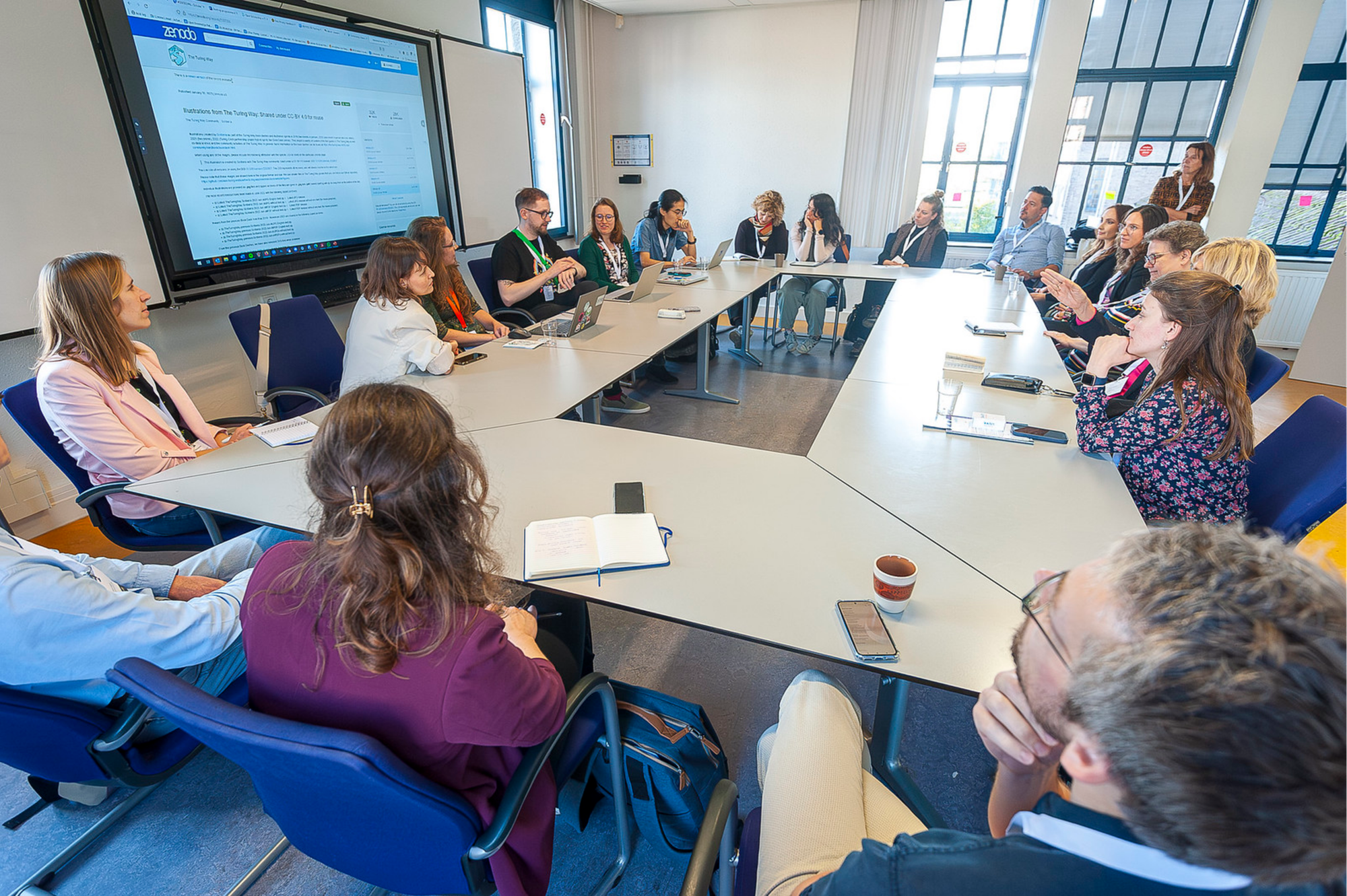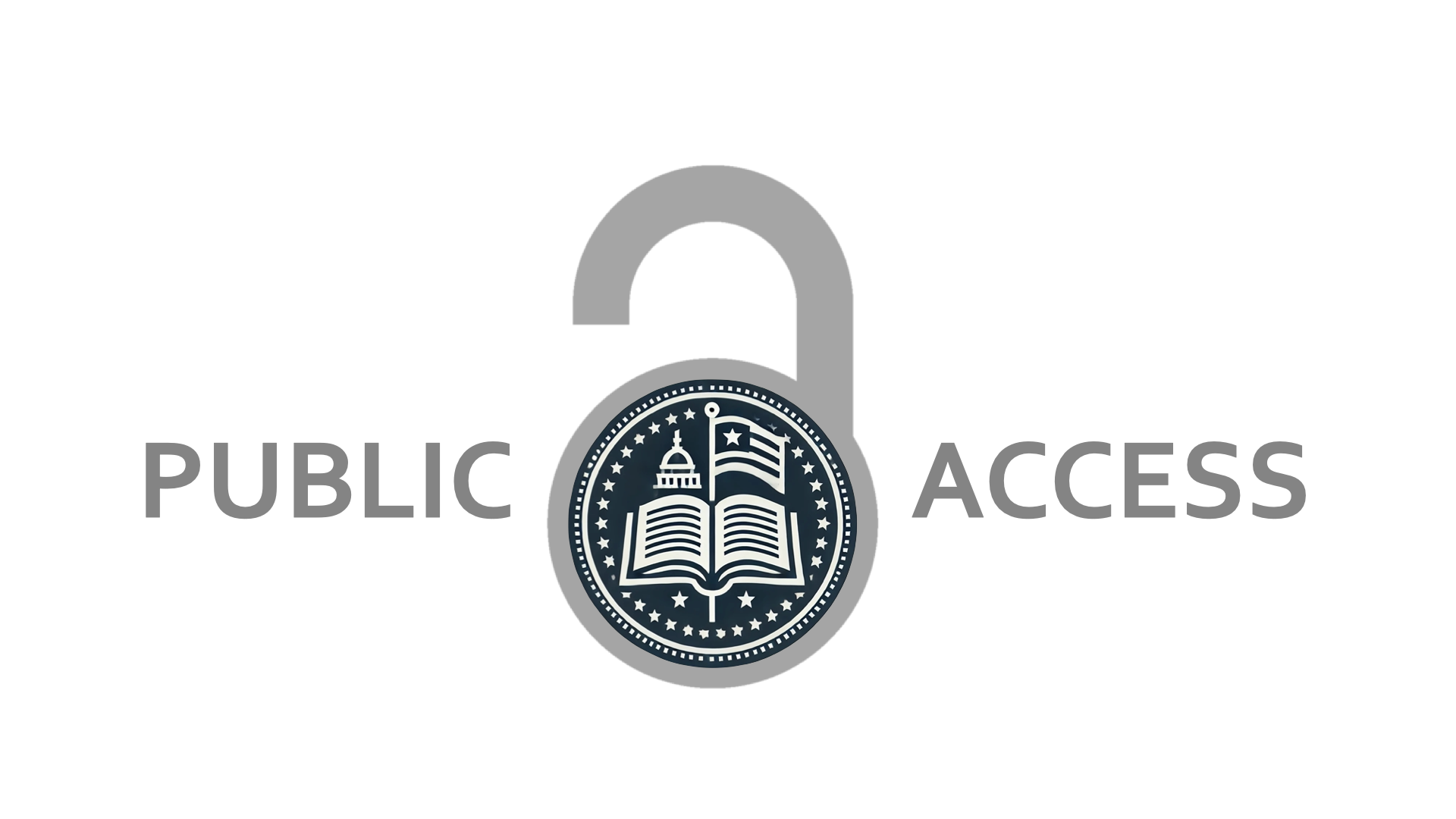A few months back, Upstream editor Martin Fenner suggested that I submit my Upstream blog post titled, Drinking from the Firehose? Write More and Publish Less, for peer-review as a sort of experiment for Upstream through MetaROR. MetaROR, a relative newcomer to the scholarly communication community, provides the review and curate steps in the "publish-review-curate" model for meta-research.
Upstream

The Collaborative Metadata Enrichment Taskforce (COMET) has released a Community Call to Action, inviting organizations and individuals to contribute resources (funding, expertise, metadata, and infrastructure) to support the first phase of a community-driven infrastructure for making persistent identifier (PID) metadata better and more complete.

The global scientific community is moving toward a more inclusive and open approach.In Europe, Plan S has transformed European research by mandating immediate open access to publicly funded studies, fostering greater equity and visibility for scientific work. Open Research Europe is expanding, providing a Europe-wide venue for freely accessible research.

In recent years, interoperability has become an important concept in the field of research data management. Discussions about interoperability have taken place in published articles and numerous presentations [1] [2], and several interoperability standards have been developed [3], [4], [5]. The term has been applied, among other things, to data, metadata and research tools.

There is much to celebrate when it comes to recent developments in scholarly communication and research assessment. The scholarly communication landscape shows many promising initiatives, including a growing use of preprint services, open access repositories, and open peer review platforms, as well as an increasing interest in more equitable scholarly publishing models such as diamond open access and Subscribe to Open.

Open community resources are increasingly used to promote open research practices, and are themselves an open practice. They are a powerful way to create shared ownership of a resource and provide agency to add or change them. However, they also present new struggles around embedding them in institutional practice, which we experienced in our own work.

Do you think the FAIR principles for Research Software are working? The FAIR Principles for Research Software were published in March 2022 and described in a paper in October 2022.

In the rapidly evolving landscape of research, the importance of high-quality metadata and persistent identifiers (PIDs) cannot be overstated. PIDs and metadata are the connective tissue that binds together diverse research outputs, enabling discovery, accessibility, and reuse. Despite their critical role, the current model for metadata creation and enrichment is fraught with inefficiencies.

This post expands further on the assertion recently made by Danny Kingsley in her post on “Language co-option in the open space” that “words matter” when trying to have meaningful conversations about open access. Not only do words matter for creating common agreement, but words can also actively create biases, inform decision-making, and even thwart the visions of open publishing and infrastructure advocates most want to champion.

Access to cutting-edge research can spark innovation, drive progress, and shape our future. But what to do if the discoveries and scholarly work funded by our tax dollars are locked behind paywalls, accessible only to a privileged few? The U.S. government has been grappling with this question, and recent policy shifts aim to improve access to federally funded research.

Coming down from the recent FORCE11 Scholarly Communication Institute (FSCI) and FORCE2024 conference at UCLA has allowed reflection on some of the recurring themes from the two events. One of these was the issue of language appropriation in the open scholarship space. In the process of attempting to write some of these issues up, it became clear that this requires something of a wander down history lane.